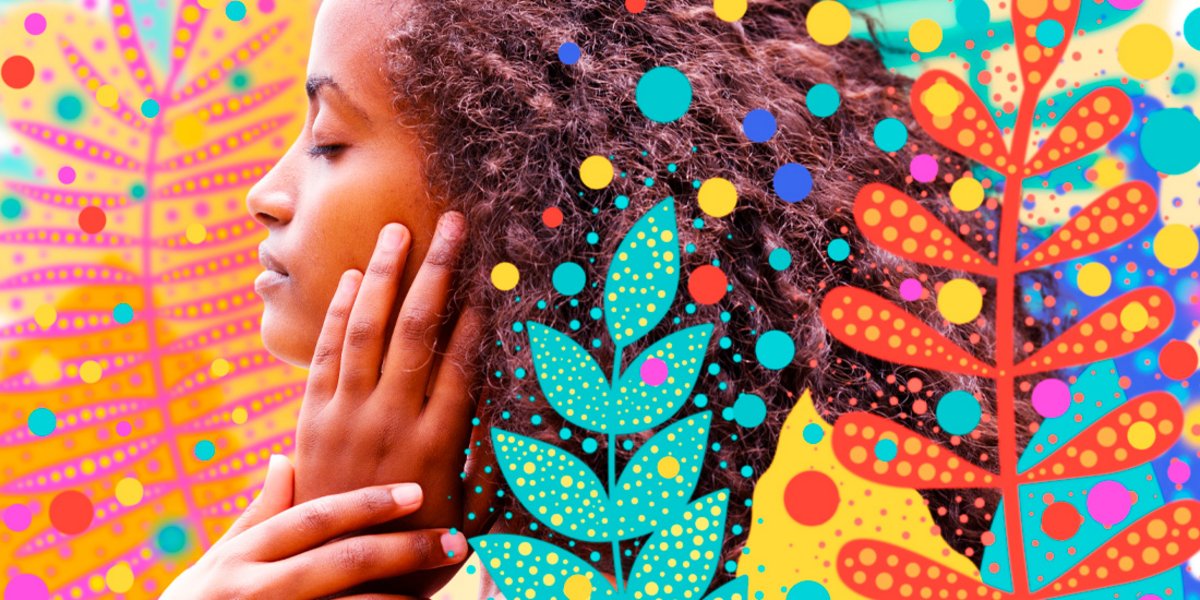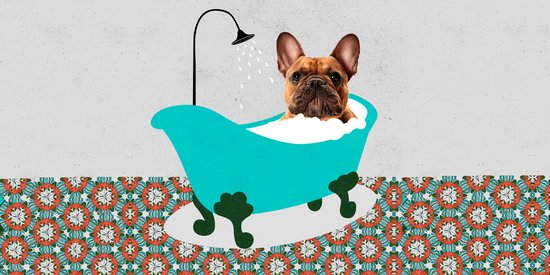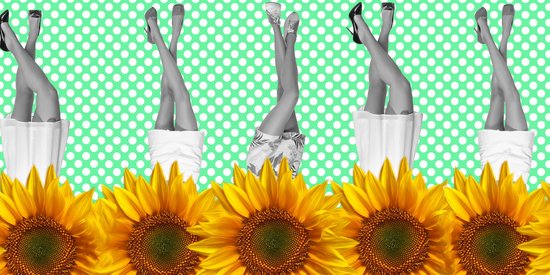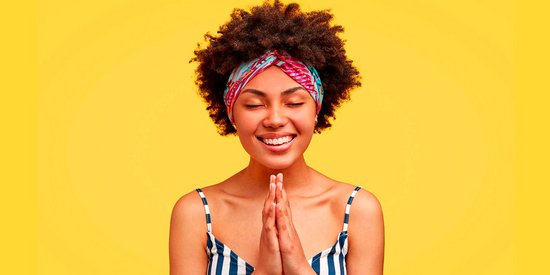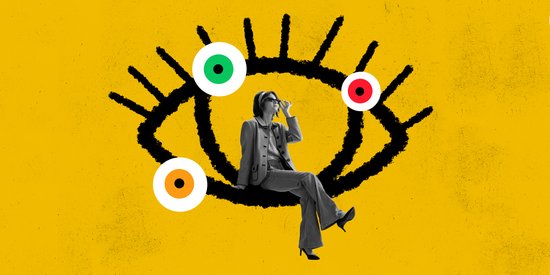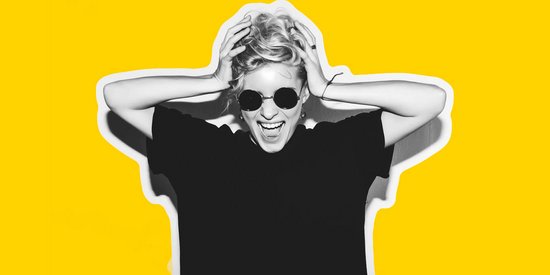Relaxation techniques are a trend that is on the up, multiplying to adapt not only to all kinds of needs but also all kinds of preferences, a growing market whose evolution is not about to stop growing!
In this article, we will discuss three essential points for understanding the principles of relaxation. We'll talk about the whole story of a booming market, as well as the benefits, without forgetting the question we all ask ourselves, which is to know the difference between relaxation and meditation.
In an increasingly anxiety-provoking society and having increasingly stressful lives, many people are looking for tips and practices to get better, eat better and generally feel better. It must be said that people from all walks of life have reasons for wanting to relax. The stress of everyday life spares no one. The well-being market no longer has any limits or borders. Taking care of yourself has become normal, with more than affordable prices on offer, many "YouTube" videos and applications available, on Android as well as on Apple, making access to relaxation easier and easier.
The market is booming
The well-being market is a booming industry. However, it takes on many different forms. We have to admit that it is sometimes difficult to find your way around it. It encompasses a very wide variety of activities such as coaching, fitness, massage, spas, thalassotherapy, alternative medicine and dietary supplements, and is gaining ground in many areas. Even tourism doesn’t exclude it, and packages are available, where well-being now holds a prominent position.
Unfortunately, relaxation is not really a regulated market, so you will have to sort out charlatans and sectarian or esoteric excesses from the real techniques that may help you.
The most famous techniques
Oriental medicine has always recognized the value of relaxation, which makes it a tool of choice, having many alternative medicines and techniques. There are a multitude of relaxation techniques, from sophrology to deep relaxation, even transcendental meditation. They all aim to reduce stress, anxiety and help prevent muscle-type pain. However, these methods have the same purposes.
Here is a top ten of the most used:
Self-Hypnosis
Biofeedback
Massage
Yoga
Meditation
Mindfulness meditation.
Transcendental meditation.
Vittoz method.
ASMR (Autonomous Sensory Meridian Response).
Music for relaxation.
Relaxation and benefits: a New Age version
Yes, being able to keep calm under all kinds of circumstances is one of the benefits of relaxation. To be truly beneficial, relaxation must bring you to a physiological state of deep rest.
Often compared to yoga, according to a new study, relaxation may have a similar effect by altering the genes that are involved in immune function.
"Relaxation has been practiced for thousands of years and finding these effects at the genome level lends added credence to what some have called New Age medicine," says Dr. Benson. Relaxation has preventive and curative effects on our organisms. There is no longer any need to prove that learning to relax, through its action on our parasympathetic system, improves the ailments of everyday life, such as digestive disorders, muscle relaxation, insomnia, or anxiety and actively participates to the reduction of stress, to the reduction of blood pressure and even serious illnesses such as certain cancers or HIV infection.
Relaxation and meditation; what is the difference?
It is common to confuse relaxation with meditation. Well, you have surely understood it in our selection of the 10 best relaxation tools where meditation ends up being one tool among many others, although they may seem similar at first glance, they are originally two very different practices.
Meditation induces a state of relaxation, while relaxation does not necessarily induce a state of meditation.
Need a helping hand to regain your composure? If so, don't waste a moment; try relaxation. Come on, let's let go and recharge the old batteries!


